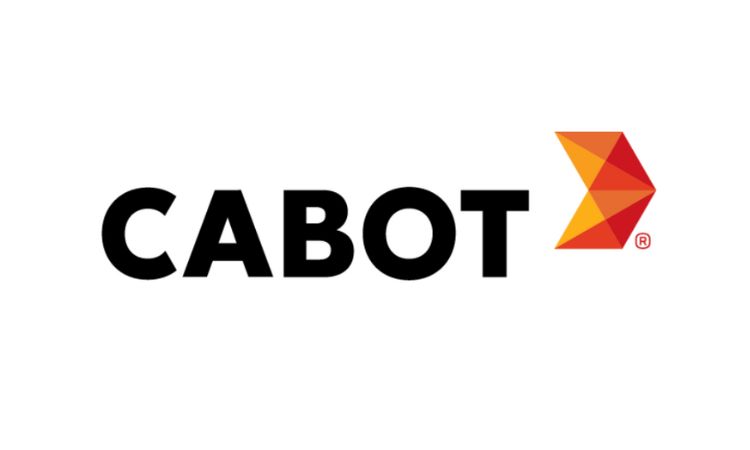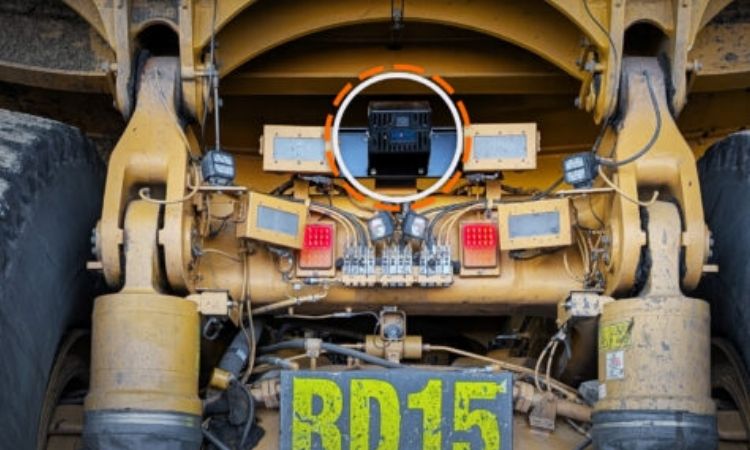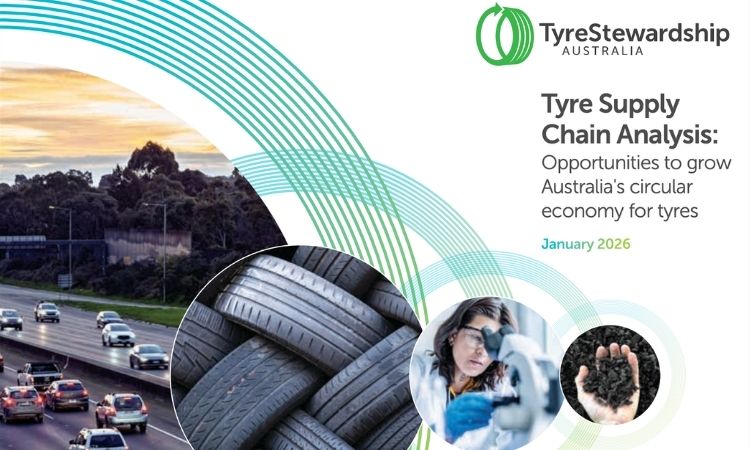ECHA’s restrictions on crumb rubber and BIR’s urge to introduce minimum recycled content in rubber products
On June 9, the Tyre and Rubber Recycling magazine published an article about the European Chemical Agency (ECHA) recommending restrictions on crumb rubber. The Magazine highlights that it is not usually given to speculation on leaks, but this is a case where Tyre and Rubber Recycling feels a need to highlight an issue. The material below contains citations from the article by Ewan Scott. Please read the full original article here.
Ewan Scott, the chief editor of the Tyre and Rubber Recycling magazine, writes that on June 3, 2020, The European Chemicals Agency RAC committee met in a series of discussions about recommendations and restrictions. “It is believed that the discussion on Crumb Rubber took place under 9.1 Restriction Annex XV dossiers … 3) Microplastics – final draft opinion for discussion and adoption,” – the Magazine reports.
“Reports leaked from the meeting to the industry suggest that there were two options on the table, the first to accommodate crumb rubber use, the second to recommend an outright ban on crumb rubber use where the particle size was <5mm or a thread length was <15mm. This recommendation to the European Commission was to include a six-year adoption period from 2021,” – Tyre and Rubber Recycling explains.
The article says that no hard copy of the minutes, nor a press release have been issued by the ECHA yet. Reportedly, Dr. Shulman and Dr. Mussacchi at ETRA have both been made aware of the recommendation.
“Peter Taylor at the TRA anticipates a big response from the tyre industry as it precludes the use of crumb rubber in ANY new products. This could severely hit Michelin’s investment in LeHigh. There is no clarity at this stage but since crumb rubber is a feedstock for reclaim and devulcanisation processes it may well also impact those sectors.”
Ewan Scott explains that “with as much as 45% of recovered material from tyres going into artificial sports surfaces and wet poured play surfaces, this recommended ban would have a massive impact upon recycling across Europe. This is a complete reversal of previous statements by the ECHA.”
The news has a significant importance to the tire recycling industry; should the news prove true, recyclers who had diverged into product manufacturing would lose their markets and their investments.
Anyone in the tire recycling industry would be solidary in the magazine’s statement that “The ban would create a massive oversupply of tyre material for recycling and no country in Europe has the capacity to pyrolise or use the volume for cement kilns.”
In the article, Ewan Scott pinpoints that “the other side of the coin is that virgin materials would be used to replace the current crumb rubber markets – there are already virgin materials being offered for sports surfaces. There could be a huge increase in demand for natural rubber (and SBR), placing unprecedented demands on the NR producing countries and the associated damage on the environment.”
“Of course, it is expected that the ETRMA – acting on behalf of the tyre manufacturers will seek a derogation on the regulations, and probably there would also be pressure from IASLIM representing the sports industry provision,” – the article explains.
As to the repercussions of such a decision, the British Magazine says that this would technically have no immediate legal impact for the UK under a No Deal termination of the BREXIT deal after the 1st January 2021. However, the Magazine says, one can expect agencies in the United States to follow the EU, and without operating to EU standards no UK processor will be able to sell his products in Europe.
At the same time, The European Rubber Journal (ERJ) reported in its article on June 9 that the “EU urged to introduce minimum recycled-content in rubber products.” Alluding to a statement made recently by the Bureau of International Recycling (BIR), ERJ writes:
“European policy makers should introduce measures targeting minimum levels of recyclate in tire and rubber products…”
Alluding to the words of Max Craipeau, chairman of Tire and Rubber Committee at BIR, ERJ highlights that there is “a need to ‘change mindsets’ and ‘force’ rubber-based industries to incorporate a minimum recycled content in their production – as long as product properties were not greatly affected… Europe’s market for recycled rubber will never improve unless regulators make a decisive move and impose minimum recycled contents for new products.”
According to the ERJ, Craipeau also touched upon the topic of devulcanization, highlighting recent success stories and technology breakthroughs (i.e. that non-polluting processes that have doubled the mechanical properties of the regenerated compounds) and mentioning that Europe has “one of the best feedstocks in the world” for making regenerated rubber.
To read full original articles, please visit websites of Tyre and Rubber Recycling and The European Rubber Journal.
Weibold is an international consulting company specializing exclusively in end-of-life tire recycling and pyrolysis. Since 1999, we have helped companies grow and build profitable businesses.









